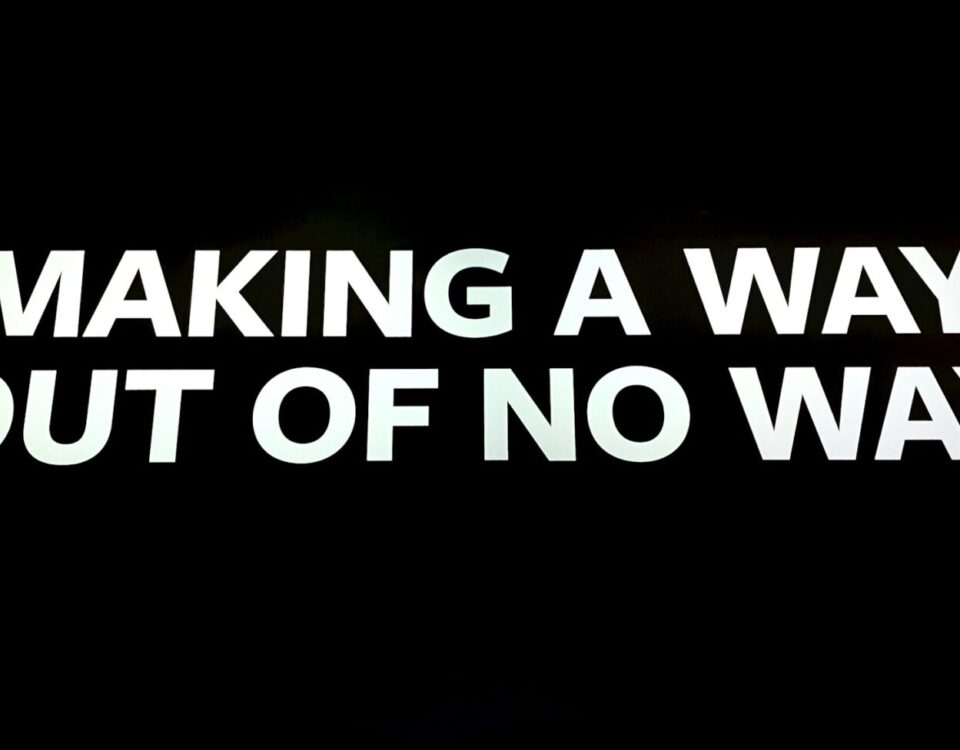
Embracing “We”: Building and Sustaining Connections
August 14, 2024
Resilient Routines
August 28, 2024Life is a series of transitions, each requiring its own balance of “me” and “we.” Your life started with you as part of a family with neighbors, friends, and school adding to your connections. Your tendency to focus on “me” or “we” was shaped by your opportunities, culture, and personality traits. For myself, the combination resulted in in a “we” focus for much of my life, until I came to understand that when I didn’t listen to and care for “me” as well, disaster followed. A healthy balance is not a set percentage. Like all balancing acts it is in constant motion, a rhythm that allows you to focus on self and others as needed.
Having solid relationships with both your self and healthy others creates a resilient base from which to explore, manage challenges, and to have fun. Taking time to listen to “me” is vital in everyday ways and in big life decisions. The highest level of taking care of “me” is to ask for help. Listening to and communicating clearly with “we” allows you to move forward together toward mutual goals. Setting aside time to check in with yourself, and others allows you to keep a balance moving forward. At times of major transition, you may need to check in more deeply with either yourself or others.
How Often Do You Need to Check In?
How often you need to check in with yourself depends on your basic nature, including which “station” you are tuned into most of the time. Many caregivers and parents will say that they are always tuned into others. Their thought patterns are focused on what someone else will need next. Others find it easier to listen to their own needs. If you are prone to focus on others, you may need reminders to check in on yourself until it becomes a habit. Some options are to set aside time to hear yourself daily via journaling, walking, or other reflective time. If you tend to be inwardly oriented, you may need to establish routine times or ways to listen deeply to others to hear their needs. How and when to check in will depend on the nature of your relationship. For closer connections it is important to establish the habit of getting past a quick, “You ok?” and find ways to deeply hear one another as often as needed.
Centering Your 'Me' in Big Decisions
When major life transitions occur, it is important to center on your own needs and abilities before making long term commitments. This can be hard. I know several people who are helping their parents who can no longer live alone. With an urgent focus on their parent’s needs the goal becomes “we will just make it work” without any consideration to their own needs and abilities. Being realistic about what you can and can’t do along with what you are willing to do prevents disaster. This can take time to discern. Going forward in a way that won’t work does no one any favors. Only you know the big picture from your perspective. Centering on yourself does not mean doing it alone. Finding someone who is good at listening and asking questions can be very helpful as you identify your own needs.
Focusing on 'We' in Big Decisions
As a transition unfolds reach out to your healthy connections for support and help. Keeping your own reflections in mind, consider who else will be impacted and what their perspective and questions might be. Communicate what you know and hear them out listening for assumptions or lack of clarity. The phrase “Don’t worry about it.” is as bad as, “It’ll work out somehow.” You can’t foresee the future, but together you can make some reasonable predictions and choose accordingly. This is a process depending on the number of people involved and the importance of the decision. It is helpful to clarify who the decision maker is in any given situation. While you may solicit thoughts and opinions from a variety of people, clarity about who is making the decision can reduce confusion.
Courage
Hearing your own and others’ truths takes hard work, particularly when you don’t see things in the same way or have very different needs or wants. There are times when you find that paths are diverging. Perhaps a compromise is possible, or some more time will allow the forward path to be more clear. There are times though when you need to move along your journey. During times of significant change, you may find you need more time to reflect and to process your emotions. This is often a good time to seek help and support from people who are professional listeners and are not part of the changes (therapist, coach, clergy). Stay tuned in to “me” and reach out to healthy “we” as you move toward the next step in your journey.
It is important that you connect both to your self and to healthy others on an ongoing basis. You are a series of unfolding selves, each like and different from your past. Deliberately check in with yourself, and your closest connections on a regular schedule. Think through and communicate about transitions so that the needs of both “me” and “we” are considered. This allows for decisions that are more likely to work out. When needed gather your courage and stay true to your own needs, wants, and abilities. Don’t do it alone.
Your social connections are a mix of old and new, emotionally close and task related, individual relationships and group membership. You are the only person who can determine what is working for you. A key to long term resilience is building a variety of healthy relationships in your life. Creating a “we” that supports your “me.” There is no one perfect constellation of relationships that will fit throughout your life. Change is part of growth; taking time to listen to both “me” and “we” allows you to best keep your balance.
Peace,
Laura A. Gaines




